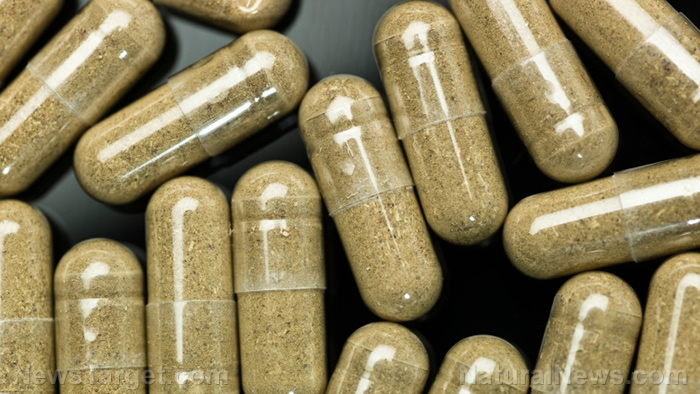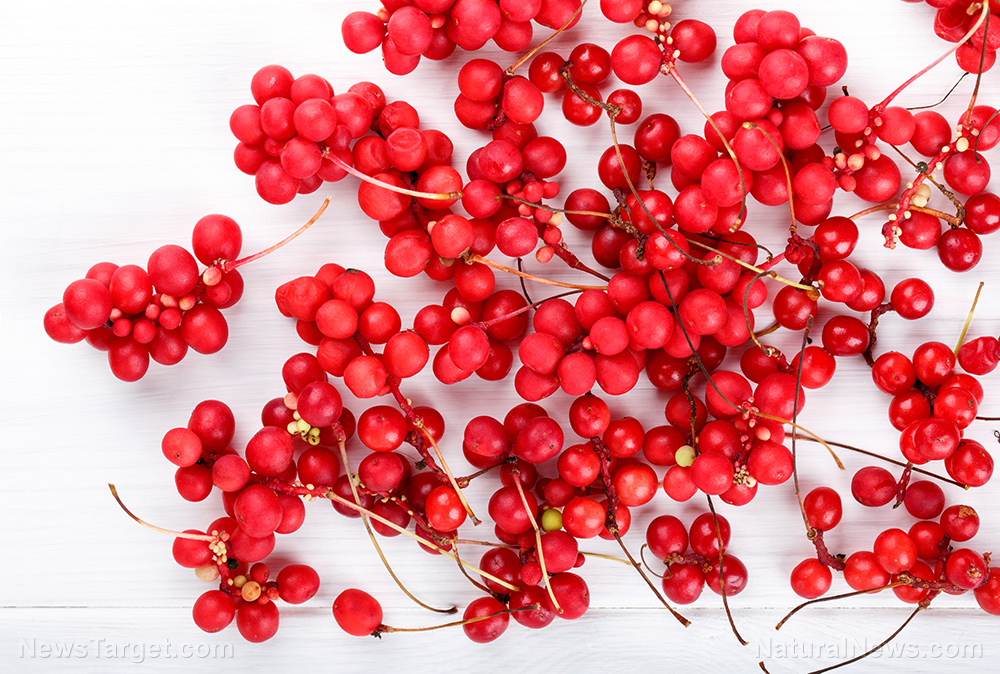“Diet” products are full of aspartame that cause various health problems
05/16/2019 / By Michelle Simmons

If you think you’re saving yourself from diseases by consuming “diet” products, think again. Aspartame, the most common type of artificial sweetener used in diet products, can cause oxidative stress in the brain, accelerated aging, dangerous cell damage associated with inflammation, and chronic disease.
A study published in the African Journal of Traditional, Complementary, and Alternative Medicines showed that aspartame consumption reduces the levels of brain neurotransmitters, such as serotonin, gamma-aminobutyric acid (GABA), and dopamine, in rats. In addition, aspartame increased the levels of norepinephrine (stress hormone) and acetylcholine, and reduced brain antioxidant activity. These findings suggest that aspartame consumption interrupts normal neurochemical function and causes oxidative damage to brain cells. The researchers also found that the effects of aspartame are dose-dependent, so consuming huge quantities of this artificial sweetener will worsen its effects. (Related: Aspartame creates depression and exacerbates anxiety – here’s how.)
In another study published in the journal Stroke, researchers observed the dietary habits of more than 4,000 individuals and found that those who consumed even just a can or bottle of diet soda were three times more likely to develop Alzheimer’s disease and other forms of dementia. In a study found in the journal PLOS One, researchers reported that aspartame disrupted the gut bacteria of rats and reduced their body mass. It also increased their blood sugar and insulin resistance.
Other health risks of consuming artificial sweeteners like aspartame
Here are more reasons why you should stop consuming “diet” products or those that contain artificial sweeteners:
- Weight gain – Diet products are marketed for weight loss. However, in a study published in the journal Obesity, researchers found that people who drink diet beverages gain more weight and have higher obesity rates than those who do not consume such products. Consumption of artificially-sweetened beverages is also linked to increased body mass indexes (BMIs) and body fat percentages in teens.
- Higher risk of metabolic syndrome – Metabolic syndrome is a group of conditions – increased blood pressure, high blood sugar level, excess body fat around the waist, and abnormal cholesterol levels – that occur together. These conditions increase the risk of heart disease, stroke, and other chronic diseases. Studies have shown that people who consume artificially-sweetened drinks are more likely to develop metabolic syndrome than those who don’t drink such beverages.
- Increased risk for Type 2 diabetes – Diet products have also been linked to Type 2 diabetes. People who consume diet beverages are two times more likely to develop the disease than non-consumers. Even drinking just one diet beverage could lead to increased diabetes risk.
- Greater chance of developing heart problems – Artificially-sweetened drinks have also been associated with cardiovascular disease. Those who consume more than two artificially-sweetened drinks each day have higher odds of developing coronary heart disease, high blood pressure, and other cardiovascular events.
To maintain good health, it is best to avoid artificial sweeteners. Aspartame is sold under the brand names Equal and NutraSweet. Other artificial sweeteners you need to avoid include saccharin, sucralose, neotame, and acesulfame. Sacharrin is marketed as Sweet N’ Low and sucralose is also known as Splenda. Neotame is a chemical derivative of aspartame found in different food products and acesulfame is typically found in soft drinks, fruit juices, ice cream, and dairy products. If you really want something sweet, opt for healthier, natural sugar alternatives like honey, stevia, coconut sugar, pure maple syrup, dried dates and date sugar, and molasses.
Read more news stories and studies on the harmful effects of artificial sweeteners by visiting Sweeteners.news.
Sources include:
Tagged Under: acesulfame, artificial sweeteners, artificially sweetened drinks, aspartame, brain damage, brain function, brain health, chronic diseases, diabetes, diabetes risk, diet, diet products, diet sodas, heart disease, heart health, inflammation, metabolic syndrome, neotame, neurodegenerative diseases, research, saccharin, sodas, stroke, sucralose, sweeteners, toxic food, toxic ingredients, weight loss
RECENT NEWS & ARTICLES
BrainNutrients.News is a fact-based public education website published by Brain Nutrients News Features, LLC.
All content copyright © 2018 by Brain Nutrients News Features, LLC.
Contact Us with Tips or Corrections
All trademarks, registered trademarks and servicemarks mentioned on this site are the property of their respective owners.



















